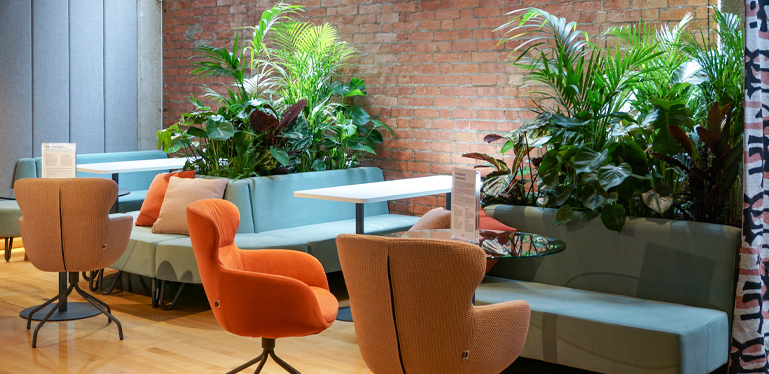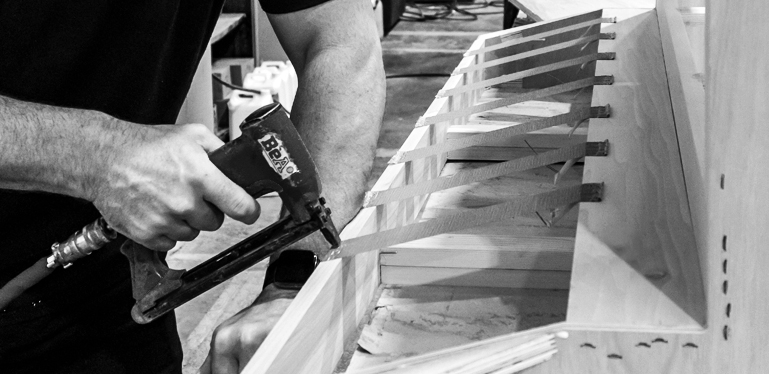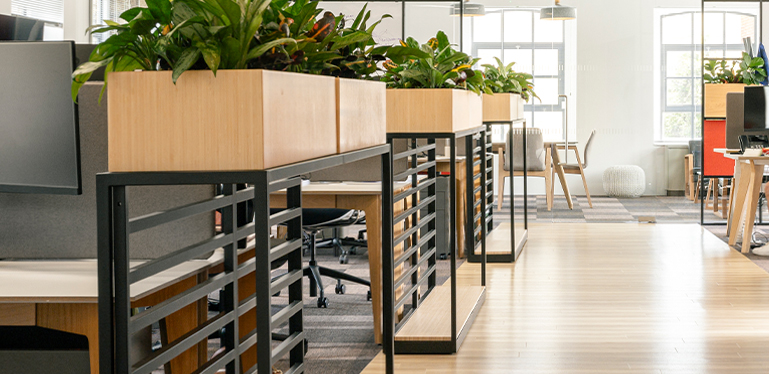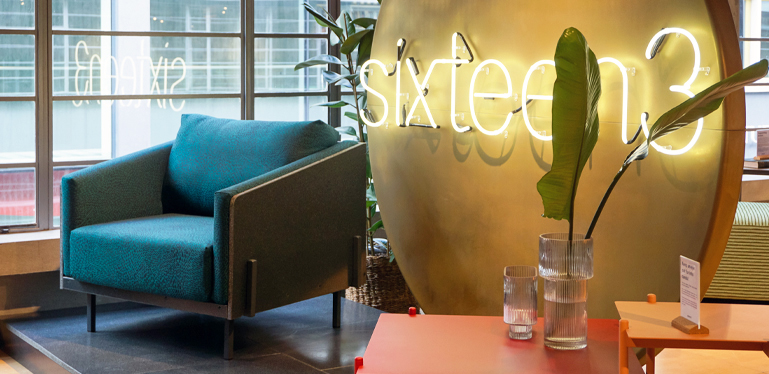Is ‘Made in Britain’ the Key to Sustainable Interiors?
Inspiration
The phrase ‘Made in Britain’ carries with it a rich heritage, evoking images of quality craftsmanship and timeless tradition. But in today’s interiors industry, where sustainability has become paramount, the question arises: What role do British-made products play in the broader sustainability narrative?
Beyond the allure of artisanal expertise lies a deeper story—one of environmental consciousness, social responsibility, and economic resilience. As the world shifts towards a greener future, British-made products offer a unique blend of tradition and multiple aspects of sustainability.
Environmentally Conscious
Many British manufacturers prioritise environmental sustainability through localised production practices, including sourcing materials locally, reducing carbon footprints associated with transportation, and adopting eco-friendly manufacturing processes. These initiatives not only minimise environmental impact, but also contribute to a more sustainable future.
Socially Sustainable
Social responsibility is integral to the ethos of numerous British manufacturers who uphold fair labour practices and engage with local communities. By providing safe working environments, fair wages, and support for traditional skills, they can foster inclusive workplaces and empower local communities. These commitments mean sourcing British-made products contributes positively to our local and national societies.
Economically Responsible
British-made products aren’t solely about benefiting society and the environment – they’re an investment in our economy. By choosing locally-made goods, we create jobs, bolster local economies, and reduce dependence on imports. Not only strengthening our communities, but ensuring a more resilient economy for the future.
A Choice for Longevity
Quality furniture in itself is a sustainable choice. Unlike products of throwaway culture, which contribute to waste and environmental degradation, quality furniture is built to last. British manufacturing is synonymous with longevity and craftsmanship, creating pieces that stand the test of time. By investing in quality, we can contribute to a more sustainable future – reducing the need for frequent replacements and minimising waste.
Setting the Standard
From ISO certifications to industry-specific standards, such as those set by organisations like the British Standards Institution (BSI), British manufacturers uphold strict quality control measures throughout the production process. This commitment to quality not only enhances the reputation of British-made products but also ensures customer satisfaction and trust in their craftsmanship.
At sixteen3, we pride ourselves on our commitment to local manufacturing and sustainability. Over 95% of our suppliers are British and 47% are located within a 50-mile radius of our Cheshire headquarters, supporting our neighbouring businesses and reducing our carbon footprint. Backed by certifications like FSC and FISP, our dedication to sustainability ensures that choosing us means making an environmentally responsible choice. Our products are designed and manufactured in-house and shipped locally, minimising emissions. With our location in the North West of England, we’re conveniently close to you, ready to assist whenever needed.
“Made in Britain” signifies more than just craftsmanship and heritage; it embodies a profound commitment to sustainability across environmental, social, and economic dimensions. Through localised production practices, dedication to fair labour, and a spirit of innovation, British-made products exemplify a holistic approach to sustainability, paving the way for a brighter, more sustainable future for generations to come.
Read our Sustainability Pledge here.




